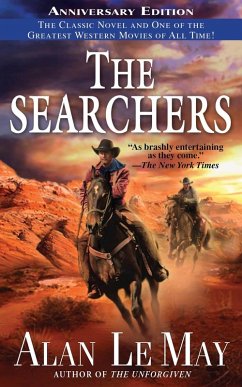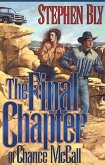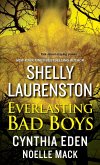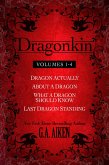A ripsnorting Western, as brashly entertaining as they come. Slambang! --The New York Times on John Ford's The Searchers John Ford's The Searchers defined the spirit of America, influenced a generation of film makers, and was named the Greatest Western Movie of All Time by the American Film Institute in 2008. Now, the novel that gave birth to the film returns to print--a timeless work of vivid, raw western fiction and a no-holds-barred portrait of the real American frontier. From the moment they left their homestead unguarded on that scorching Texas day, Martin Pauley and Amos Edwards became searchers. First they had to return to the decimated ranch, bury the bodies of their family, and confront the evil cunning of the Comanche who had slaughtered them. Then they set out in pursuit of missing Debbie Edwards. In the years that follow, Amos and Martin survive storms of nature and of men, seeking more than a missing girl, and more than revenge. Both are driven by secrets, guilt, love, and rage. Defying the dangers all around them, two men become a frontier legend, searching for the one moment, and the one last battle, that will finally set them free. . . "As brashly entertaining as they come." --New York Times "Epic. . .a drama of stubborn courage to which the prose lends a matching stature." --Kirkus Reviews Alan Le May was born in Indianapolis, Indiana, and attended Stetson University in DeLand, Florida in 1916. In 1918 he registered for the World War I draft in Aurora, and then enlisted and was commissioned a Second Lieutenant in the U.S. Army. While attending the University of Chicago, where he graduated in 1922 with a Bachelor of Philosophy degree, he joined the Illinois National Guard. He was promoted to First Lieutenant Field Artillery for the Illinois National Guard in 1923. He published his first novel, Painted Ponies,/I>, in 1927 (about the Cheyenne and the U. S. Cavalry horse soldiers).
Bitte wählen Sie Ihr Anliegen aus.
Rechnungen
Retourenschein anfordern
Bestellstatus
Storno









